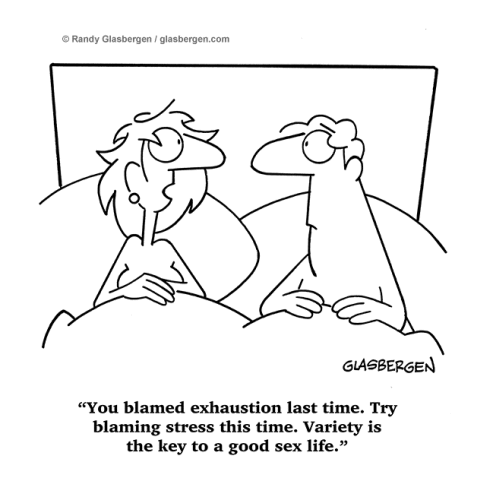Friendships Make Us Happier
It is a sad yet true fact, many relationships lack and level of positive friendship. And many other relationships lack friendships outside the relationship.
What does this mean? Quite simply, both people are lonely, sad, bored, and do not share life with people who enjoy common interests. This is a perfect breeding ground for affairs.
“Sex & Friendship are the two single most important ingredients to a happy long term relationship”
– Dr. Savannah Ellis
To have a successful relationship,and to be happy in life, you need friends. So on this page, we will explain why FRIENDSHIP is so important to people, and why YOU need to have friends.

The Research on the Importance of Friendships
Recent studies have shown a lack of social interaction with people you care about and who care about you not only leads to loneliness, but is also linked to a range of harmful physical effects. In other words:
A lack of close friendships may be hazardous to your health.
A 2010 meta-analysis reviewed 148 studies involving over 300,000 participants and concluded that having weak social ties was as harmful to health as being an alcoholic and twice as harmful as obesity. Julianne Holt-Lunstad, co-author of the analysis, told Reuters, “A lack of social relationships was equivalent to smoking up to 15 cigarettes a day.”
A more recent study, published in the Proceedings of the National Academy of Sciences, found a biological response to loneliness that triggers disease. According to the researchers, social isolation sets off a cellular chain reaction that increases inflammation and suppresses the body’s immune response.
Perhaps the most compelling evidence that friendships affect longevity comes from the ongoing Harvard Study of Adult Development. Since 1938, researchers have been following 724 men, tracking their physical health as well as social habits. Robert Waldinger, the study’s current director, said in his recent TED Talk, “The clearest message that we get from this 75-year study is this: Good relationships keep us happier and healthier. Period.” Socially disconnected people are, according to Waldinger, “less happy, their health declines earlier in midlife, their brain functioning declines sooner, and they live shorter lives than people who are not lonely.”
Lest we think having 500 Facebook friends might offer some protection, Waldinger warns, “It’s not just the number of friends you have … it’s the quality of your close relationships that matters.”
So what makes for a quality friendship?
William Rawlins, a professor of interpersonal communications at Ohio University who studies the way people interact over the course of their lives, told The Atlantic that satisfying friendships need three things: “Somebody to talk to, someone to depend on, and someone to enjoy.”
Finding someone to talk to, depend on, and enjoy comes naturally when we’re young. In college, for example, we build strong bonds when nearly everyone around us is also searching for connection. But as we grow into adulthood, the model for how to maintain our friendships isn’t clear. We graduate and go our separate ways, pursuing careers and starting lives miles apart from our best friends.
Suddenly work obligations and ambitions trump buddies and brewskis. It becomes impossible to be spontaneous without planning for weeks, if not months, in advance. Once children enter the picture, exhilarating nights on the town become exhausted nights on the couch.
Friendships Starve to Death
Unfortunately, the less time we invest in people, the easier it is to make do without them, until one day it becomes too awkward to reconnect. “Since we haven’t spoken for so long,” we think, “where would we even begin? If we were still close friends wouldn’t we have spoken more by now?” This is how relationships die— they starve to death.
This is common to find in couples who have spend years raising their kids, and attending to their careers. When it comes time for the kids to leave home, or retire, they find they have nothing in common. Whats more, they are so frustrated and resentful in each other, that divorce feels like the easier path to personal happiness.

The Solution
- Studies show adult friendships have a significant impact on our happiness and well-being.
- Committing to interacting with other adults as well with our spouse in a fun and relaxed way.
- Book the time with both your friends and your partner – Reserve time on your calendar for the foreseeable future so there’s no guesswork or scheduling headaches about when you’ll see each other again. Our group meets every two weeks.
- Go deep – Talking about a meaningful topic strengthens your bonds. Get past the shallow small talk.
- Don’t let kids derail you – Children benefit from seeing you model a healthy adult friendship. Tell the kids they can listen or participate, but they can’t interrupt unless it’s an emergency.
